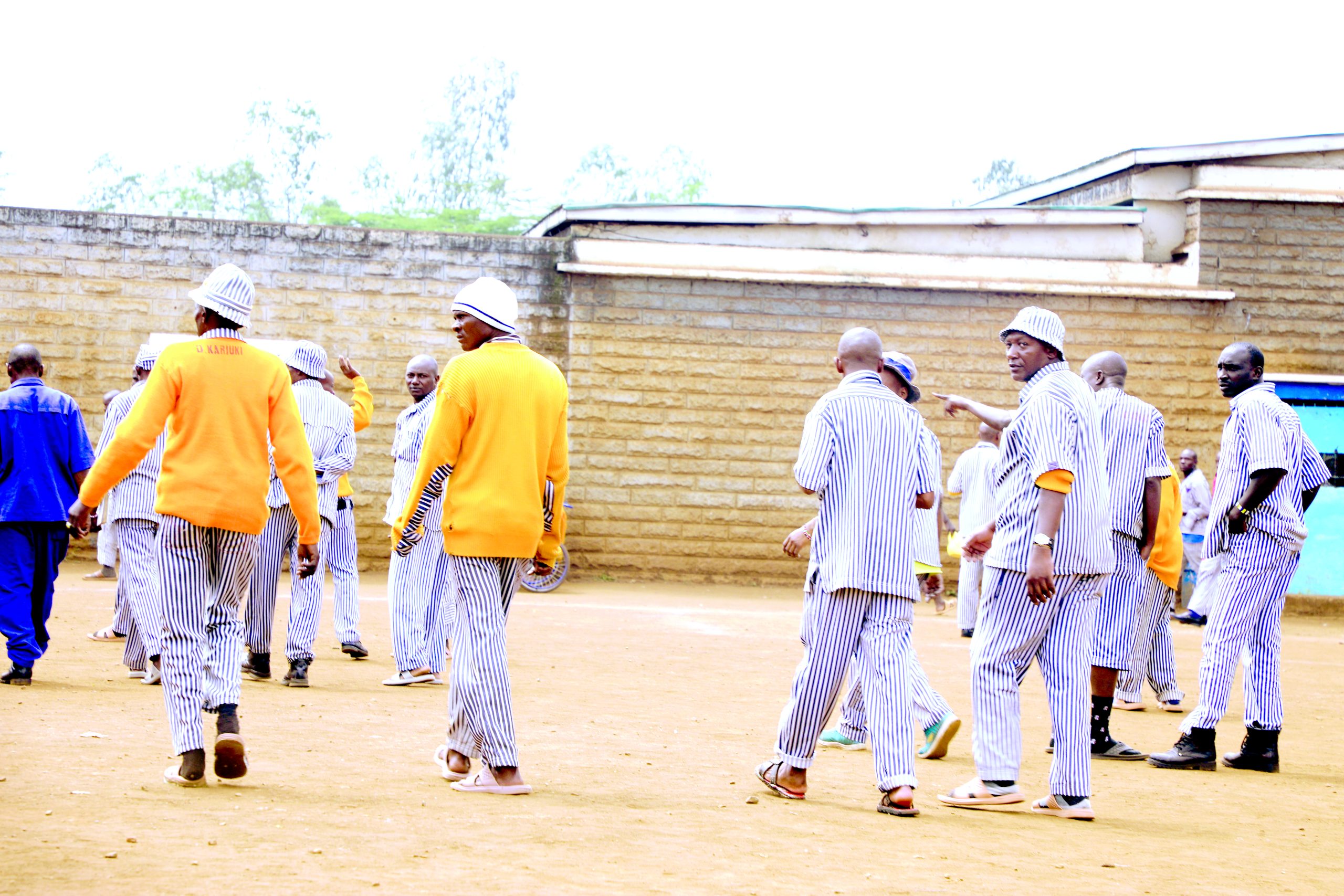Leasing Kenya Prisons land risky gamble
By David Kipkorir, December 21, 2024The Kenyan government’s recent directive to lease Kenya Prisons Service land to private investors has set off alarm bells among stakeholders, from human rights activists to agricultural experts.
While touted as a solution to boost revenue and “optimise” underutilised public assets, this move represents a reckless short-term fix with long-term consequences. Kenya stands to lose not just economically but socially and morally if this policy is implemented.
The Kenya Prisons Service controls vast tracts of land, some of which are currently used for farming, training programs, and correctional activities aimed at rehabilitating inmates.
This land holds historical, agricultural, and national value. Yet, in an era of budgetary constraints, the state appears willing to gamble with these resources, handing them over to profit-driven private entities.
Behind the thin veneer of efficiency lies a deeper story of misplaced priorities, a lack of transparency, and a blatant disregard for public welfare.
The Kenya Prisons Service has long integrated agricultural and vocational programs into its correctional system, allowing inmates to engage in meaningful work while learning skills that can help them reintegrate into society.
These activities not only provide food for inmates but also foster a sense of purpose and discipline among them. By leasing out prison land, these programs are at risk of being displaced.
Without land for these activities, prisons could become overcrowded facilities where rehabilitation takes a backseat. The very purpose of correctional facilities—to reform individuals and equip them for a productive life outside prison—would be undermined.
Replacing these programs with private ventures that prioritise profits over public good would mark a significant regression in Kenya’s penal reforms.
Privatisation, particularly in sectors tied to public welfare, has rarely delivered equitable outcomes. Kenya’s own history of privatisation — from the sale of state corporations to leasing public forests — is littered with scandals, mismanagement, and exploitation.
What guarantees exist that leasing prison land will be any different? The lack of transparency in how these leases will be awarded or how proceeds will be utilised raises legitimate concerns about corruption and cronyism.
Private investors, driven by profit, have no obligation to uphold the public interest. If prison land is converted into industrial estates, cash crop farms, or real estate developments, the primary beneficiaries will likely be elite cartels and multinational corporations, not the Kenyan people.
These projects could also lead to the displacement of communities living near or on the periphery of prison land, further exacerbating social inequalities.
One of the most overlooked aspects of this decision is its potential impact on food security. Kenya is already grappling with recurring droughts, erratic rainfall, and an ever-growing population.
Prison farms have historically contributed to local food production, providing essential staples like maize, beans, and vegetables. Leasing out this land could lead to its conversion into ventures that prioritise export crops over food for local consumption.
Agricultural experts have warned against the growing trend of replacing food crops with cash crops. This practice reduces the availability of affordable food in local markets, pushing millions into food insecurity.
By leasing fertile prison land to private investors, the government risks worsening an already precarious food situation in a country where millions face chronic hunger.
Kenya’s prison lands often include forests, wetlands, and other ecologically sensitive areas. Allowing private investors to exploit these lands could lead to environmental degradation, including deforestation, soil erosion, and water pollution.
Kenya’s fragile ecosystems are already under immense pressure from illegal logging, urban sprawl, and poorly regulated development projects. Turning over these lands to private interests will likely accelerate their destruction, undermining national climate goals.
Moreover, privatised lands tend to be managed with a short-term mindset. Investors focus on maximising returns, often at the expense of sustainable practices.
If the land is used for intensive farming, for instance, it could be subjected to overuse of pesticides and fertilizers, which would deplete the soil and pollute nearby water sources.
The leasing of prison land is not just a logistical or economic issue; it is also a moral one. Prison lands, like other public assets, belong to the people of Kenya.
— The writer is a Communication Consultant
